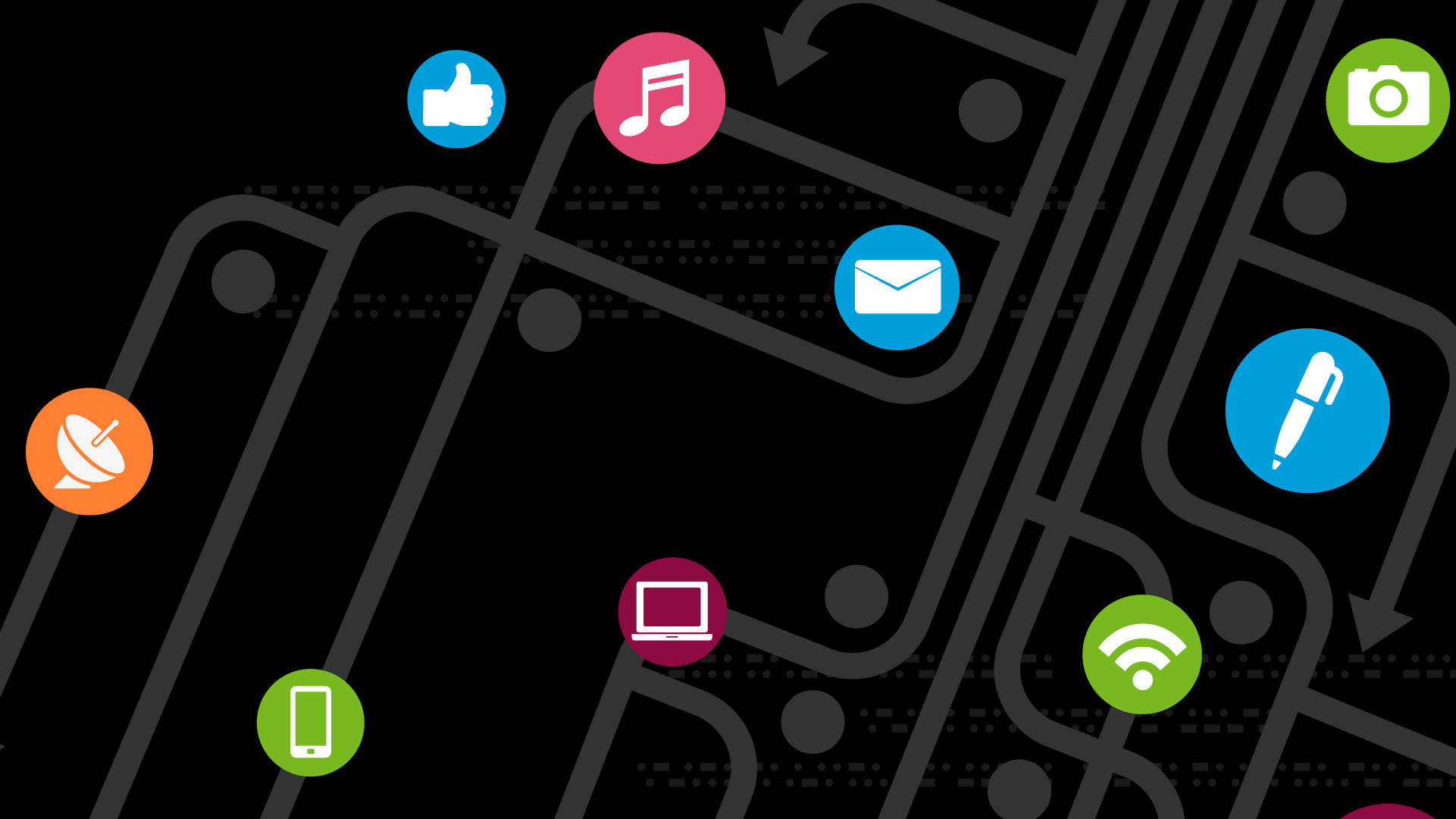Do you enjoy problem-solving? Do you find reward in helping people understand information so they can make actionable decisions? Are you looking for a career offering higher-salaried work in booming industries?
Skills in technical and user communication are useful across all sectors, from high-tech manufacturing, finance and STEM-adjacent sectors like healthcare and medicine, to social media and journalism, government and public service, policymaking and community activism
Technical Communication degrees

What jobs can I do with a degree in technical communication?
- Content Strategist
- Information Designer
- UX Designer
- Information Architect
- Technical Writer
- Web Content Writer
- And more!

Finding her dream job
For ASU technical communication graduate Sanjana Ponnada, a summer internship with State Farm led to a full-time position as UX designer, her dream job.
“The encouragement I’ve received from the faculty and my peers has been such a driving force to the success I’ve been able to achieve,” says ASU technical communication graduate Sanjana Ponnada. "I’m now working as a UX designer in a Fortune 50 company, able to do what I love and feel like it was meant for me.”
What is technical communication?
Experts in technical writing use the power of words and visuals to bring clarity and understanding to communications about important, often complex topics. Effective communication requires content creation appropriate for and tailored to a wide range of audiences using a variety of materials and platforms.
Technical communicators are critical to the success of their organizations, industries and communities. They translate complex information and technology using skills in writing, editing, visual and graphic design, data presentation, front-end web development, business analysis, usability testing, user experience and more.
“At its core, technical communication helps an intended audience to get stuff done,” explains CISA School of Applied Professional Studies director and professor of technical communication Sean Williams.
“Technical communicators help other people accomplish their goals. On the other side of all the work we do, someone needs us to help them do what they want to do. We are in a service profession; like first responders, teachers or doctors, we serve people,” Williams emphasizes. “The beauty of our field is that we get to connect regular people who have real needs to amazing technologies, to smart people, and to rich, complex information.”
